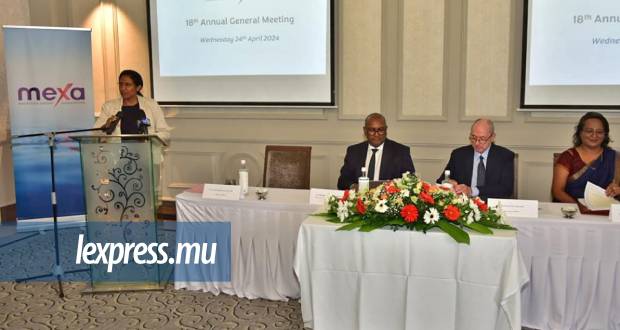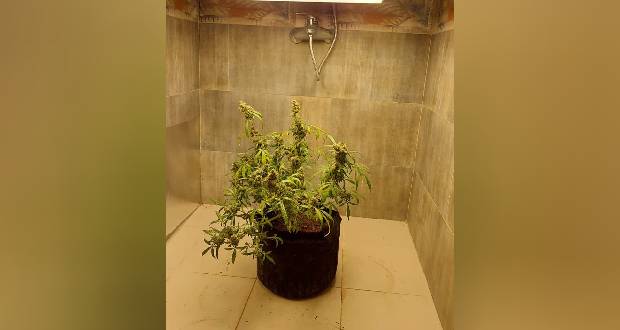Publicité
Incestuous relationships
Par
Partager cet article
Incestuous relationships


Institutions are only as independent as the men and women heading them and those working for them. And without independent institutions, there is no fairness, no equality and no confidence in the system and in the country as a whole. When it reaches a stage where institutions start operating in an openly partisan way, the country starts hurtling toward disaster.
Rajesh Bhagwan’s parliamentary question this week to Leela Devi Dookun-Luchoomun about Brenda Thanacoody Soborun, director of the Mauritius Examinations Syndicate (MES), regarding her active participation in an MSM political meeting, sporting the colour of her party and sitting on the podium with fellow politicians, deserved a serious answer, followed by a strong action against the director. It was a question about how politicised our institutions are and how thin the line between the party and regulatory institutions has become.
Instead of the action expected, Dookun-Luchoomun dismissed the question with the frivolous answer that the director of the MES had apologised (Sorry, Dad!), that she won’t do it anymore (Promise, Mom!) and that the minister, who belongs to the same political party, is satisfied with her explanations! So, the head of such an important body gets away with it when a simple worker at the Development Bank of Mauritius, Siddick Maudarbocus, was suspended with no further ado for attending an MMM meeting!
The violent debate in parliament, followed by the speaker suspending the session, has riveted national attention on the incestuous relationship between politics and public institutions. We have reached a situation which has been described by a worried PwC’s partner, André Bonieux, in l’express as “the worst level of public governance in the country”. Referring to Air Mauritius, he said, “They [the government] treat a company listed on the Stock Exchange as the property of a political party”.
But it is not just Air Mauritius. What has been happening there with the dismissal of the CEO and the cancelling of the disciplinary committee to protect a crony is revolting enough. What is equally revolting is that institutions that are supposed to have the highest trust of the public – because they have regulatory and at times judicial powers – have been operating like the political arm of the alliance in power. When the director of the MES publicly shows her colours by sitting on the podium in a political meeting, who would likely think that she will act professionally and independently when discharging the major responsibilities entrusted to her? When Akilesh Deerpalsingh, adviser on financial matters, at the Financial Services Commission, publicly takes on Member of Parliament Reza Uteem, who had the misfortune of asking about his salary in parliament, and challenges him about his track record and achievements, what message is exactly being sent to the large segment of the financial sector the institution he serves is regulating?
Add to this the Gambling Regulatory Authority, another institution with huge powers whose chairman, Raouf Gulbul, often acts as the spokesperson of the government. Top all that with Vedwantee Bikhoo, commissioner at the Competition Commission of Mauritius, who attended an MSM regional meeting in Saint Pierre and was photographed in a group proudly brandishing a party banner, and you come to realise the degree of decrepitude in which our institutions have fallen.
It is true that governments since independence have never been hobbled by an obsession with keeping institutions independent. We are used to political appointments of cronies and jobs for the boys. However, the level we have reached is unique and very dangerous. We are no longer talking about the appointment of people close to power who, once appointed, are expected to start acting independently and in the interest of the nation. We are now talking about heads of regulatory institutions operating as political agents while they are heading these institutions! This undermines whatever little trust we have left in our regulatory institutions.
Bonieux, tongue-in-cheek, suggests that the government buy all the shares in Air Mauritius to solve part of the problem. The next step might be for the parties in power to buy all the regulatory institutions to solve the whole problem!
For more views and in-depth analysis of current issues, subscribe to Weekly for as little as Rs110 a month. Free delivery to your door. Contact us: touria.prayag@lexpress.mu
Publicité
Les plus récents






